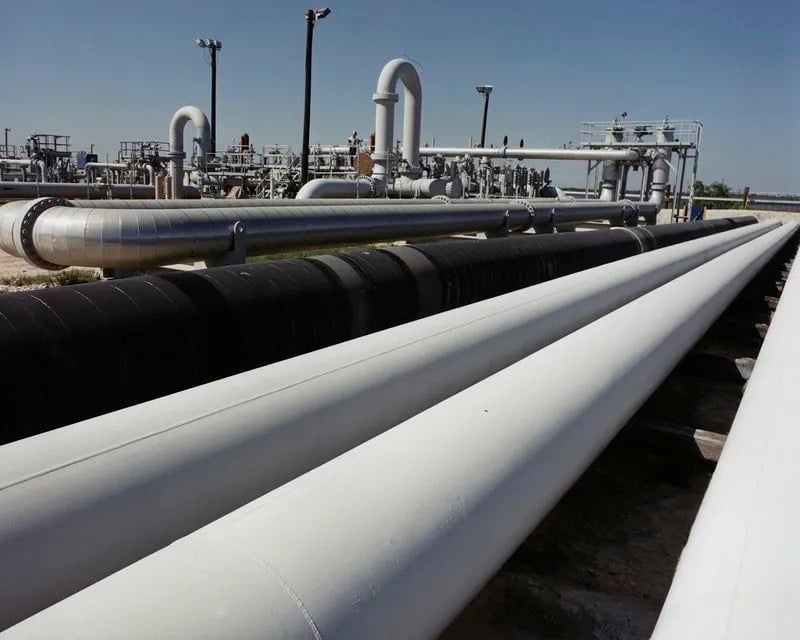

Greece has taken its first concrete step toward building a hydrogen pipeline that will connect Greece to Bulgaria, forming a key part of a wider European network aimed at the transport of clean energy.
The national gas transmission operator DESFA is launching a tender for the development of a new pipeline project.
According to the details released, the future pipeline will begin in Agia Theodori, located in the region of Corinthia, and extend to the border with Bulgaria. The contract put out to tender is specifically for the preparation and design study of the project, which is expected to take nine months to complete. The estimated value of this stage is 1.5 million euros.
Only candidates with prior expertise in high-pressure hydrogen infrastructure will be eligible to participate in the tender. DESFA’s broader objective is to integrate this future pipeline into a larger hydrogen network that will include both upgraded existing infrastructure and newly built routes reaching into Central Europe.
The scheme passed an initial technical assessment by the European Commission in 2023, making it eligible for inclusion in a European list of projects of common interest.
DESFA said that the pipeline will be part of a European corridor that will tap into big quantities of available solar and wind energy to connect regions with high potential for hydrogen production with Central Europe and southern Germany, where significant demand is expected by 2030.
Following the war in Ukraine and cuts of Russian gas supply in Europe, Greece’s role as a transit route for gas to Bulgaria and other central European countries has strengthened.

The new 570 km hydrogen pipeline will be able to transmit pure hydrogen mainly to the interconnection point with Bulgaria.
Two compressor stations of 30MW each will enable a capacity of 80GWh per day to run through its length. Hydrogen volumes produced or imported into Greece and Bulgaria will be able to be transported through Bulgaria, where a similar pipeline is planned and then through the Southeast Hydrogen Corridor, to and from Central Europe.
The length of the pipeline on Bulgarian territory towards the Greek border is about 250 km long. There are two compressor stations – in the regions of Petrich and Dupnitsa each with compressor power of 24MW.
The project is envisaged to be the first phase of the realization of the general concept for the pure hydrogen transmission infrastructure in the Republic of Bulgaria. The second phase of the project is planned to be simultaneously developed in the northern and eastern directions and thus additional cross-border connectivity to be ensured towards Romania and the countries through the South-East Hydrogen Corridor.
Related: Bulgaria Guarantees Water Supply to Greece Via the Arda River
